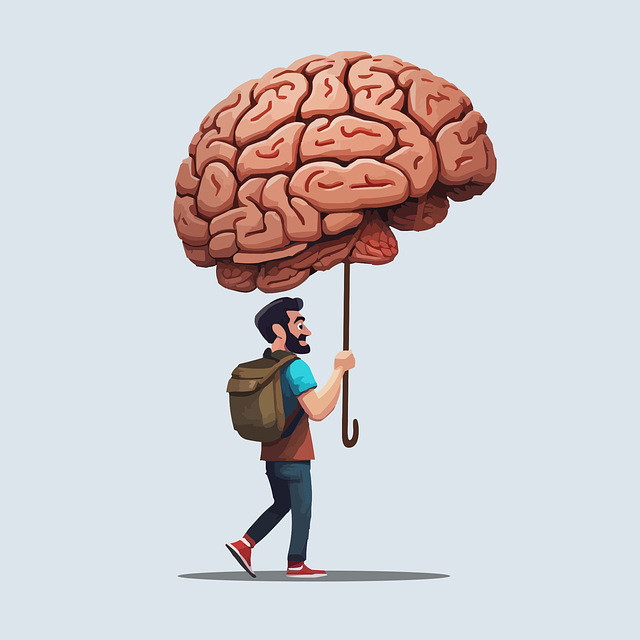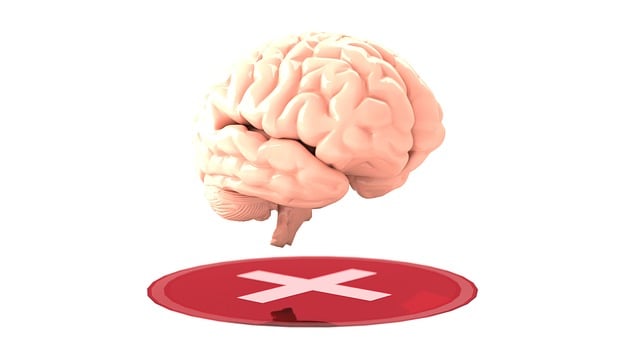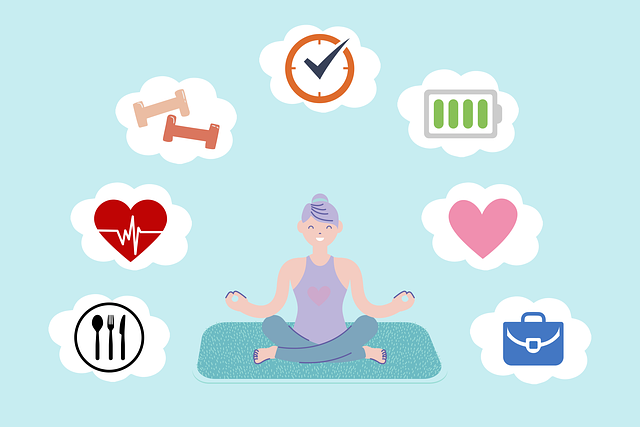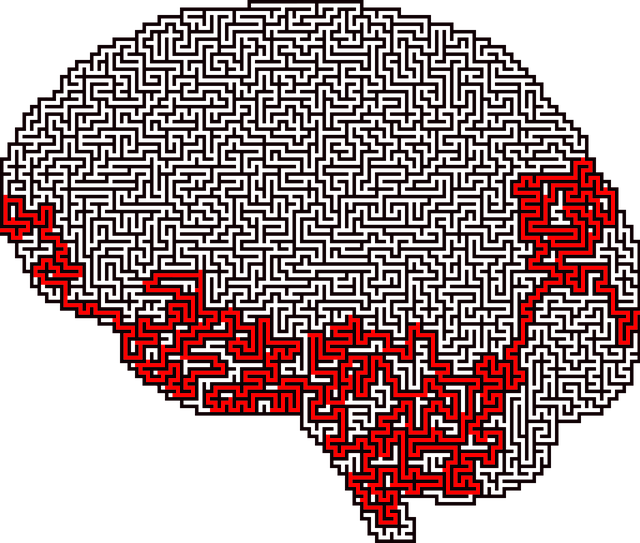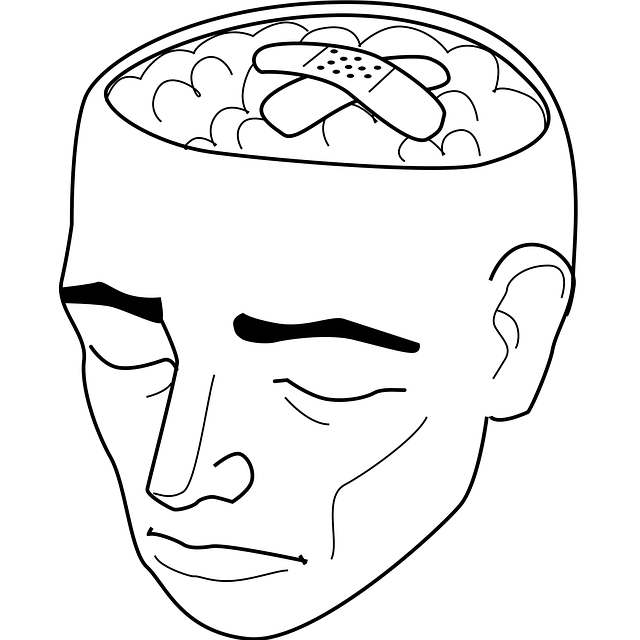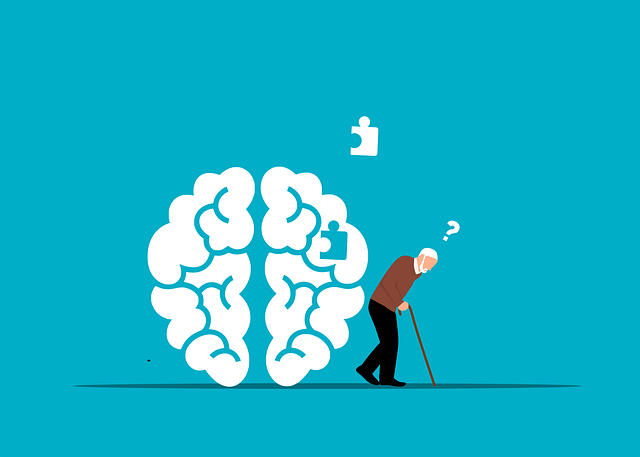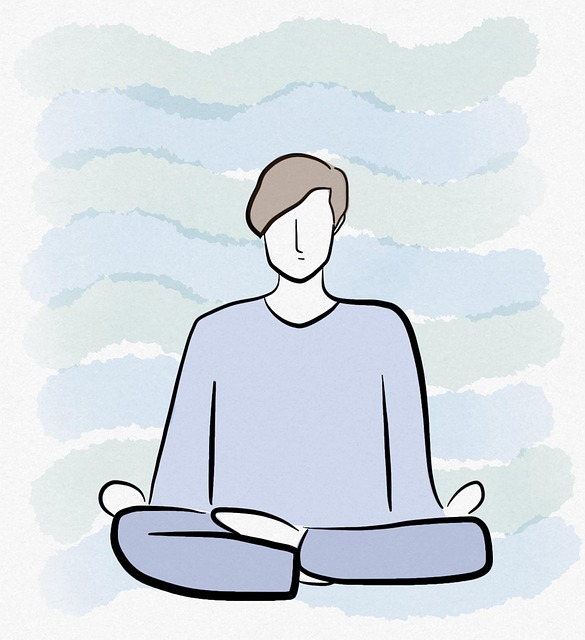Lone Tree Developmental Disability Therapy helps individuals with developmental disabilities overcome challenges in self-care through specialized services like Social Skills Training, Compassion Cultivation, and Coping Skills Development. By promoting physical, mental, and emotional well-being, our compassionate approach fosters resilience, confidence, and a sense of worth. Through tailored therapy sessions, clients learn effective coping mechanisms, stress management techniques, and self-soothing strategies to enhance their overall happiness and balance in life.
Self-care is an essential aspect of overall well-being, especially for individuals with developmental disabilities. This article explores effective strategies to improve self-care practices, offering valuable insights for those seeking a better quality of life. We delve into understanding the unique needs of self-care for developmental disabilities and provide practical tips for integrating routines. Additionally, we discuss the pivotal role of professional therapy in enhancing these practices, highlighting the expertise of Lone Tree Developmental Disability Therapy.
- Understanding Self-Care for Developmental Disabilities
- Strategies for Integrating Effective Self-Care Routines
- The Role of Professional Therapy in Enhancing Self-Care Practices
Understanding Self-Care for Developmental Disabilities

Self-care is a vital aspect of overall well-being, but it can be especially challenging for individuals with developmental disabilities. At Lone Tree Developmental Disability Therapy, we understand that navigating daily life and managing personal care requires tailored strategies. Many people with developmental disabilities may face unique barriers to self-care, such as physical limitations, communication difficulties, or social challenges.
Our therapy services focus on empowering individuals through Social Skills Training, Compassion Cultivation Practices, and Coping Skills Development. By learning these adaptive techniques, clients can improve their independence and enhance their quality of life. We believe that fostering self-care isn’t just about performing tasks but also about cultivating a sense of worth, resilience, and emotional balance. Through our compassionate approach, we guide individuals to discover and embrace the unique ways they can nurture themselves, ensuring their overall well-being and happiness.
Strategies for Integrating Effective Self-Care Routines

Integrating effective self-care routines into your life can seem daunting, but with intentional strategies, it becomes a manageable and rewarding practice. Start by identifying activities that nurture your physical, mental, and emotional well-being. This might include regular exercise tailored to your abilities, such as gentle walks or chair yoga, which can be easily incorporated into your daily routine. Lone Tree Developmental Disability Therapy emphasizes the importance of finding enjoyable activities—even a few minutes each day—to boost mood and reduce stress.
Additionally, set aside dedicated time for relaxation and mindfulness practices. Techniques like deep breathing exercises, meditation, or keeping a gratitude journal can significantly enhance resilience and prevent burnout. Building confidence in your ability to manage stress is key; as you consistently engage in these self-care activities, you’ll develop greater mental fortitude and adaptability, fostering an overall sense of well-being.
The Role of Professional Therapy in Enhancing Self-Care Practices

Professional therapy plays a pivotal role in empowering individuals to embrace and improve their self-care practices. Lone Tree Developmental Disability Therapy, for instance, offers specialized services tailored to address unique challenges faced by those with developmental disabilities. Through individual or group sessions, clients learn coping mechanisms, stress management techniques, and essential self-soothing strategies. This supportive environment encourages personal growth and fosters a deeper understanding of one’s emotional needs.
Incorporating therapy into self-care routines can significantly enhance mental wellness. The Mental Wellness Podcast Series Production highlights the power of sharing stories and experiences, providing valuable insights for listeners. Additionally, Social Skills Training within therapeutic settings equips individuals with the tools to navigate social interactions confidently, reducing anxiety and promoting a sense of belonging. By combining these approaches, therapy not only prevents burnout but also empowers people to take charge of their mental health, creating a more balanced and fulfilling life.
Self-care is a transformative journey, especially for individuals with developmental disabilities. By understanding their unique needs and implementing tailored strategies, such as establishing consistent routines and seeking professional therapy at Lone Tree Developmental Disability Therapy, individuals can significantly enhance their overall well-being. Integrating these practices not only fosters self-reliance but also leads to improved quality of life. This comprehensive approach ensures that every step towards better self-care is accessible, beneficial, and tailored to individual needs.





